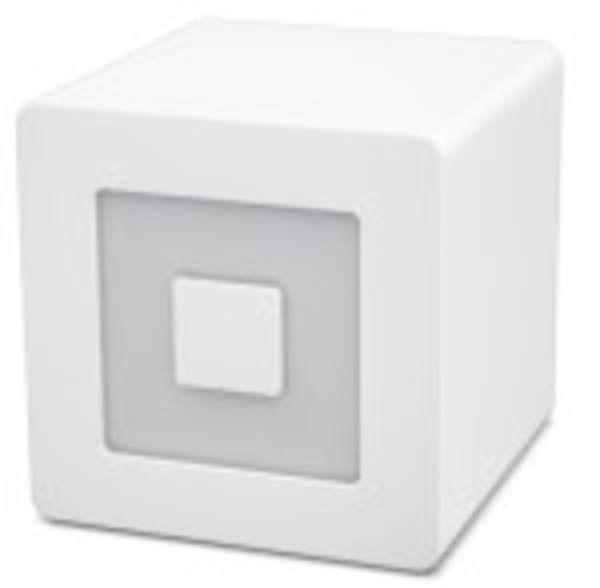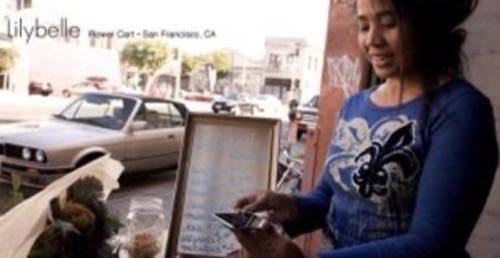Yesterday’s official launch of Twitter co-founder Jack Dorsey’s new mobile payment system was greeted with a lot of enthusiasm. Not everybody agrees that Square’s business model is viable, however. Today, we got a chance to talk to Andy Kleitsch, the CEO of Billing Revolution, who didn’t hold back in his criticism of Dorsey’s plans. According to Kleitsch, Square is going after the wrong kind of customer if it wants to be a viable business: merchants who don’t qualify for accounts with traditional credit card processors because the would be deemed ‘high risk’ by these companies.

Billing Revolution offers a mobile payment system that gives customers the ability to pay for purchases through their phone and allows merchants to process credit cards through Billing Revolution’s mobile site. It’s worth noting that Square is using mobile technology to give merchants the ability to process transactions on their mobile phones and laptops and won’t enable uses to make mobile payments directly from their phones. As Billing Revolution competes with Square, we have to take Kleitsch’ comments with a grain of salt, but a lot of his arguments do ring true within the context of the credit card processing business.
Are Real Merchants Looking for an Alternative?
According to Kleitsch, established businesses “are not looking for Jack’s solution.” A regular coffee shop can get a payment terminal for free and only pays about $20 in fees per month (plus a percentage of every transaction). Kleitsch argues that the customer that is most likely to use Square’s system is somebody who makes jewelry at home and sells it at a local Christmas bazaar. The question is if this is a large enough market for Square.

Traditional credit card processors are also able to settle accounts daily. It remains to be seen if Square will offer a similar service.
Potential for Fraud
Square will also have to deal with potential fraud. While we don’t know the exact details about how Square will operate, chances are that the company will have to keep a large reserve in an escrow account with the credit card processing companies that power Square’s back-end. Anybody who sits on a pile of stolen credit cards, Kleitsch pointed out, could use Square to run up charges on these accounts. Once the defrauded credit card owners dispute these charges, Square could be left with a large bill to pay.
Merchants with a chargeback rate of more than 2% are typically turned down by credit card processing companies. If Kleitsch is right, these would be exactly the kind of merchants who would be interested in using Square’s payment system.
Too Risky?
Obviously, the company’s investors and advisors don’t think this business model is too risky. There can also be little doubt that consumers could benefit from a new company that disrupts the current status quo in the credit card processing world.
Do you think Kleisch’s argument that Square will attract the wrong kind of customers holds true? Or do you think Square will revolutionize the market and finally give small companies the ability to do business on a level playing field?





















